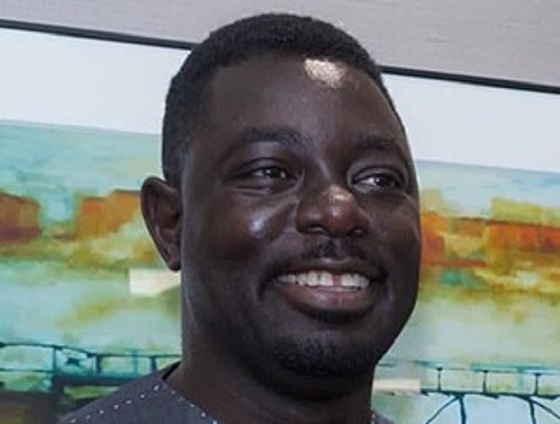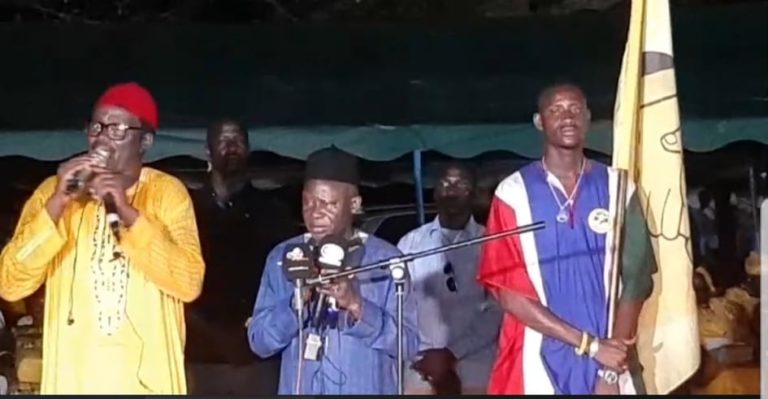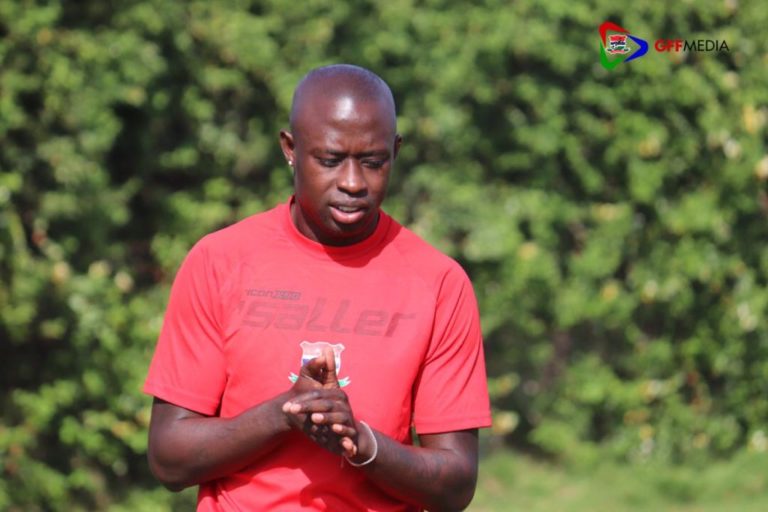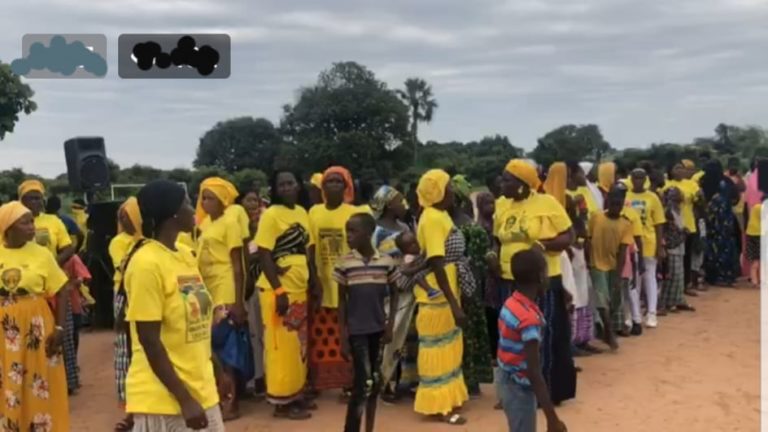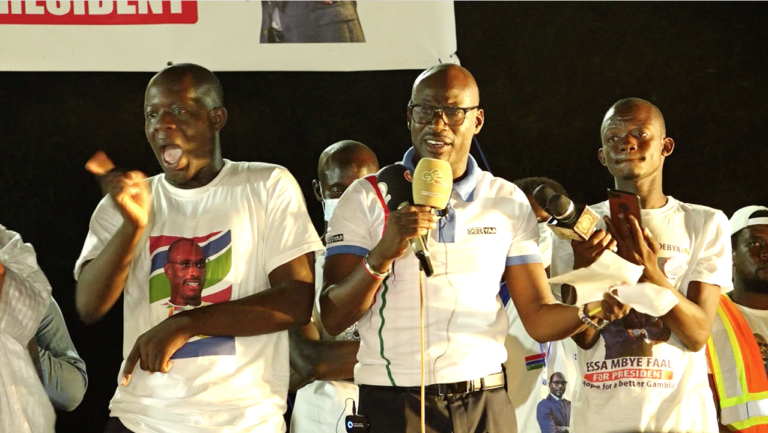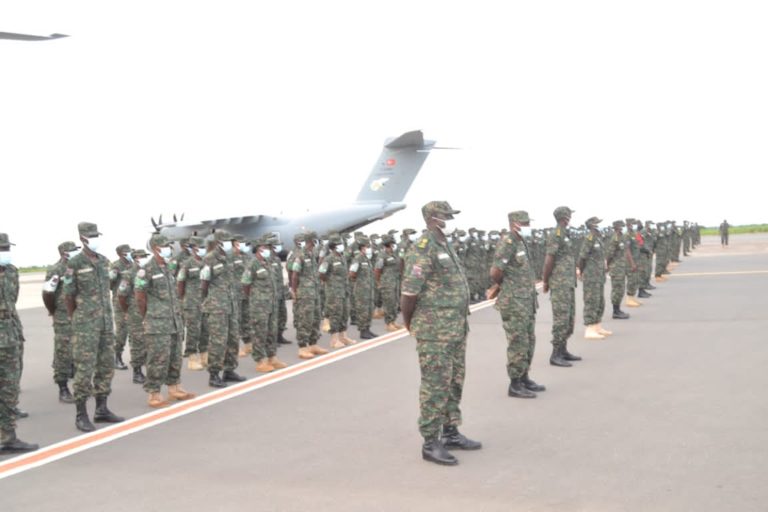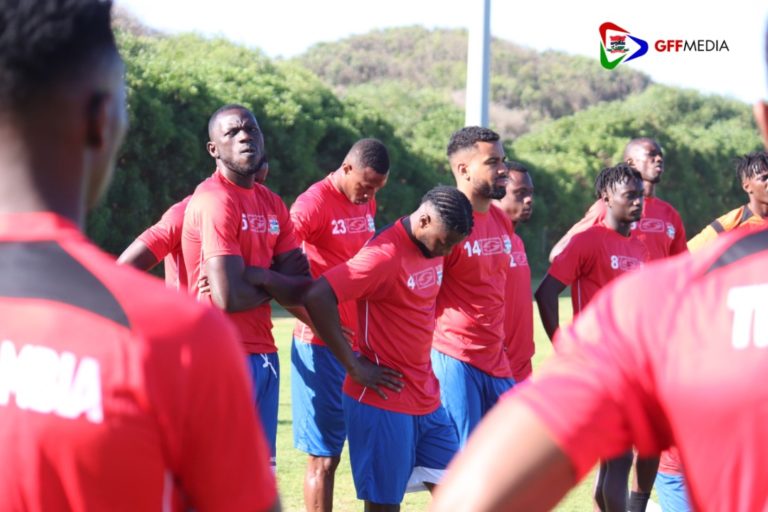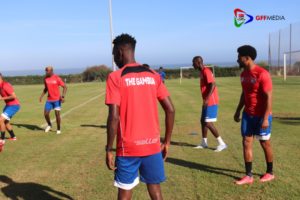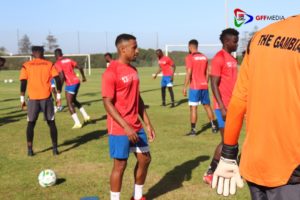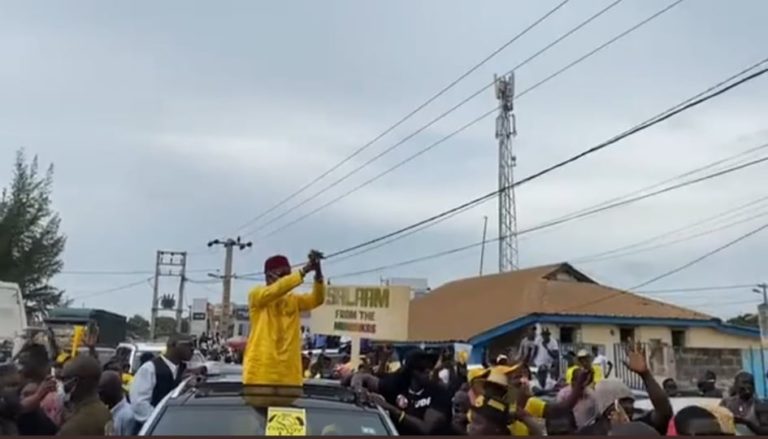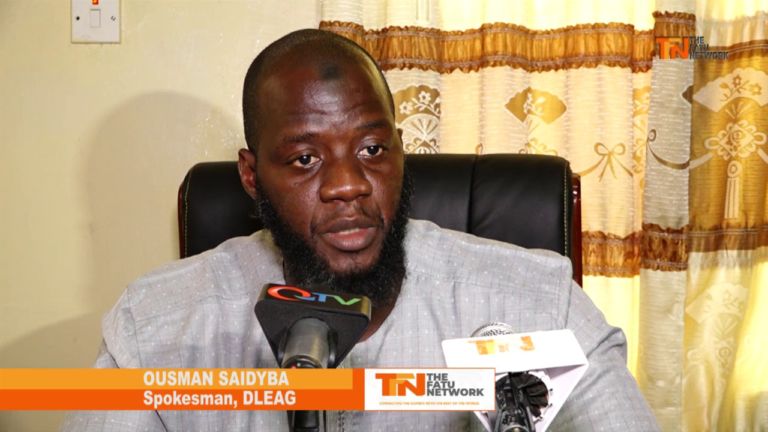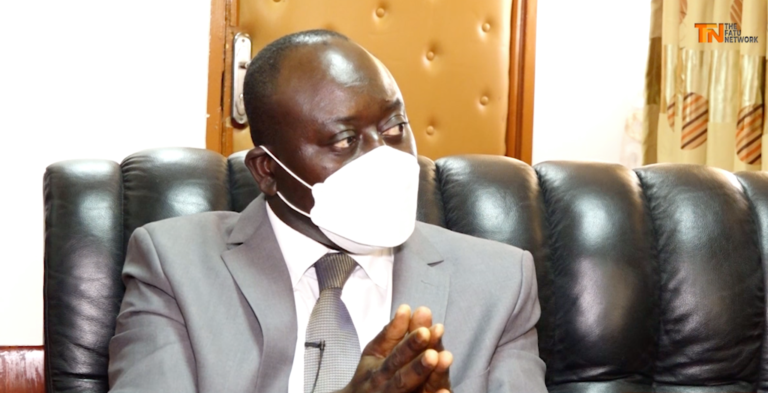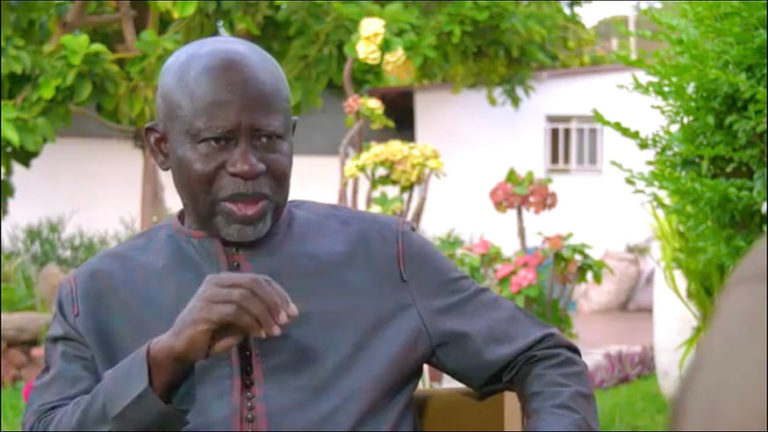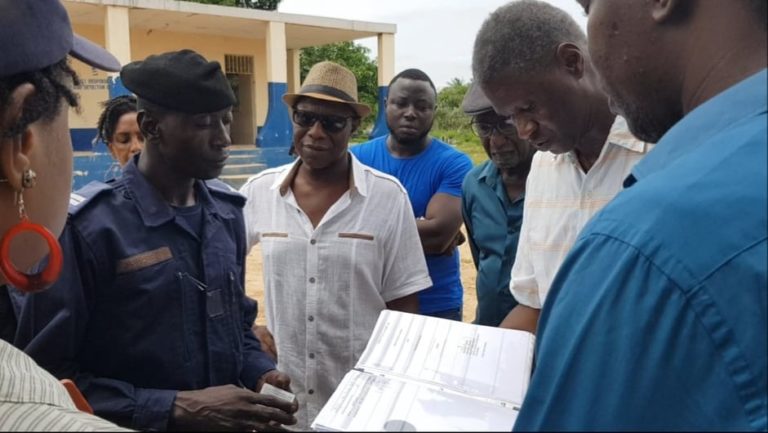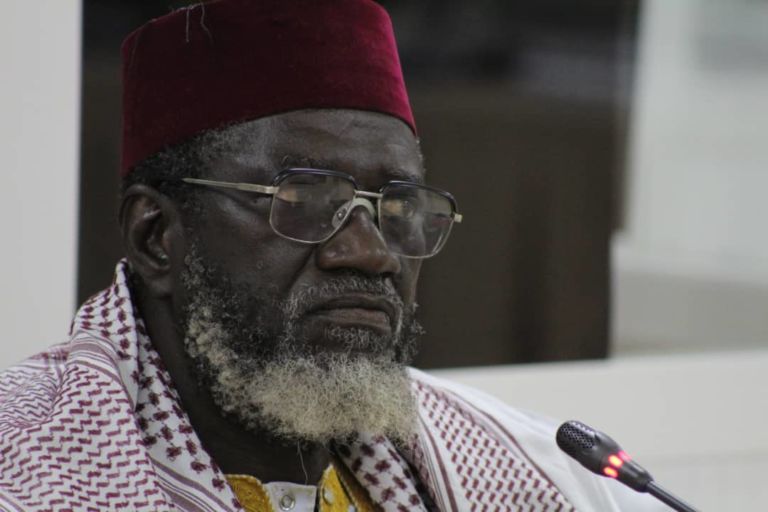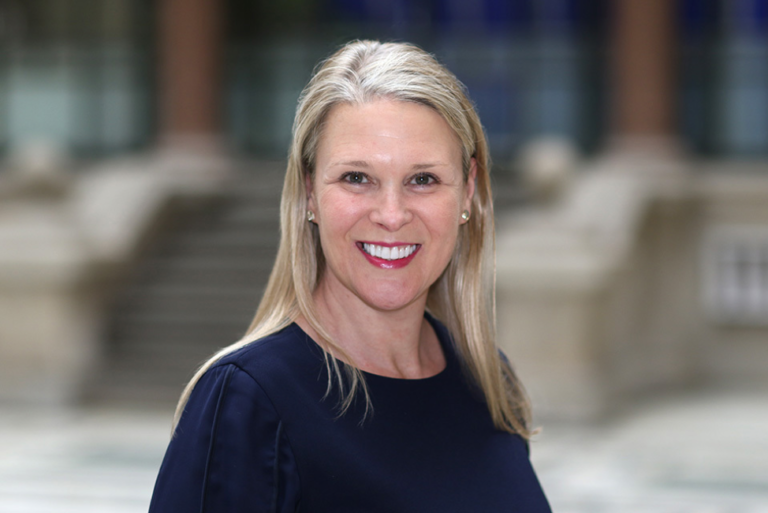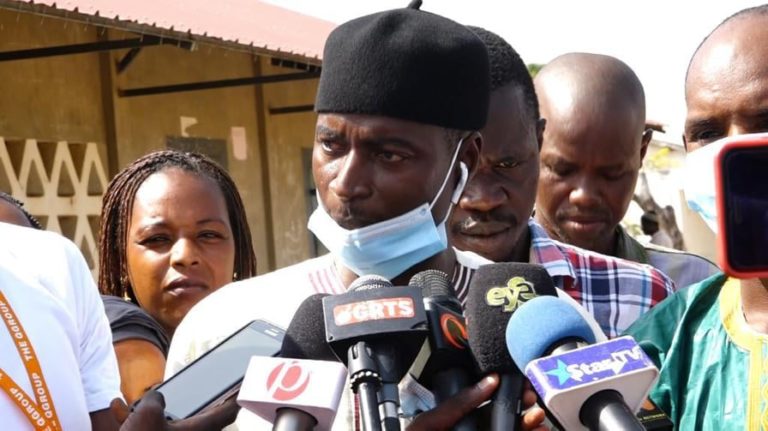By: Christian Conte
“The science is clear, we must act now to put the world on a path to net-zero emissions if we are to limit global warming and keep 1.5c within reach. This means all countries, businesses, and individuals have an important part to play,” says COP26 President-Designate, Alok Sharma
In November of 2021, all roads will lead to Glasgow where the UK will host the 26th UN Climate Change Conference of the Parties (COP26). This event is considered one of the most significant climate events since the negotiation of the Paris Agreement in 2015. The Conference seeks to build the foundation for a more sustainable, resilient, and zero-carbon future as we enter this critical decade of climate action. Across the world, every country has a unique vision.
The Arabian Peninsula’s vision for a resilient, net-zero future welcomes the development of green deserts, improved water security, seawater greenhouses, and solar thermal power generation.
Brazil’s vision showcases the need for innovative businesses that harness and celebrate the Amazon’s biodiversity and agroecology practices that increase yields and make crops more climate-resilient. India’s vision harnesses the country’s best assets to power its homes with solar energy and uses nature-based solutions, like wetland waste systems, to supply communities with clean water,
Jamaica envisions implementing world-leading natural protection from hurricanes and floods through restored reefs and mangrove coastal swamps to protect its citizens and the environment. The United Kingdom’s vision makes the most of its resources as a coastal nation, championing its role as part of a global net-zero community that trades with and learns from other nations, always with a focus on sustainable business.
Africa will be top of the agenda since the continent is the hardest hit by climate change. This is so because the capacity for adaptation to climate change is low; poverty equates to reduced choice at the individual level, while governance generally fails to prioritise and act on climate change
At COP26 in Glasgow, countries will launch an adaptation goal and adopt a strategy for achieving such a goal. Glasgow, therefore, presents an opportunity to recognize and address the unique needs and circumstances of Africa
In June of 2021 ahead of the Climate Change Conference, Janet Rogan COP26 Regional Ambassador for West Africa visited The Gambia and engaged the government and stakeholders about ways to mitigate climate change.
Rogan engaged the government specifically on the Nationally Determined Contributions (NDCs) commitments ahead of the COP26 summit.
“Like in the Gambia, there is the possibility of saltwater making its way to the farmlands which will affect agriculture. We want to see how we can engage governments on how to mitigate climate change in The Gambia and all over the world at large,” she said at a press conference during her visit.
Kenya’s vision sees solar-powered drip irrigation systems, greater use of indigenous crops, and health systems that can withstand climate change and remain accessible for all
In Sierra Leone, the British High Commission has supported a group of young talented filmmakers from the Freetown Media Centre to produce
5 inspiring films around key environmental issues. These films will be shown in Glasgow in November 2021 during COP26. They will showcase some of the environmental issues in Sierra Leone especially in the capital city of Freetown, they include waste disposal, environmental sanitation, deforestation, sand mining, and plastic waste.
Lisa Chesney is the British High Commissioner to Sierra Leone, she said these films are going to be taken to the climate change conference and they are going to play a pivotal role in telling the Sierra Leonean story to the world, and convincing them why everyone needs to take notice and support the country as it faces the impact of climate change.
“We will continue to work with government on a shared objective not just for a successful COP26 but beyond as well and to get an idea of the global realisation of the importance of climate change,” Lisa Chesney said
Global action to tackle climate change she further noted is the top issue at every international engagement now.
“We need to urgently up our action to tackle the threat of climate change to have any chance to limiting the threat of global warming to 1.5 degrees. We need to ensure a cleaner greener future for all of us, including the most climate-vulnerable countries and communities such as those in Sierra Leone which will be one of the most impacted countries globally by climate change,” Lisa Chesney said.
She noted that she is just about six weeks in the country and she is absolutely struck by the beauty that she has seen in Sierra Leone and also the biodiversity which is recognised internationally as significant
“Making climate-smart decisions, policies and investments now will directly impact our ability to safeguard our environment for future generations and also support sustainable economic development that Sierra Leone needs,” Lisa Chesney emphasised.
Lansana Mansaray popularly known as Bami Boy is Director and Co-founder of Freetown Media Centre a multimedia company based in Freetown. He revealed that within a tight timeline of three days his team worked on research development, filming, and post-production
We have done five (5) short films all under four (4) mins with different thematic areas from sand mining, to deforestation, to Biodiversity, to plastic in the ocean and faecal sludge
“There are a lot of climate change issues, these short films are just meant to ignite the dialogue around our actions as a people towards we environment and the climate generally. We hope these films put Sierra Leone at the forefront of the discussion especially when it comes to climate change funding for our government,” Bami Boy said.
Mohamed Rahman Swarray is Minister of Information and Communication he said that the topics that have been spoken about in all the films are the things that matter.
“President Bio during the UNGA speech made exclusive references about the key and critical challenges facing our country in terms of climate change and the environment. He has assured his government will continue to take the top right decisions to ensure the preservation and integrity of the environment,” Minister Swarray said.
He further noted that President Bio has joined the call alongside other world leaders to establish the green climate fund, whilst congratulating the filmmakers for what he described as an incredibly great job.
Sandra Baldwin is Deputy Development Director, British High Commission Development Office in Sierra Leone
She said as a key partner to Sierra Leone they want the country to be on the international stage and want people to understand that there are climate activists in the country that recognise the issues and can draw attention to them in a bid to solicit help to make the future safer and greener for the next generation
“The films will serve as a call to partners, it is expected that after the films there would be an opportunity for people to come and talk to the delegation from Sierra Leone. There would be the immediate understanding that these are the key issues the country is dealing with and there will be a chance for people to network. We want Sierra Leone to be on the world stage so it can attract the kind of financing needed for it to have solutions and address the problems,” Sandra Baldwin said.




